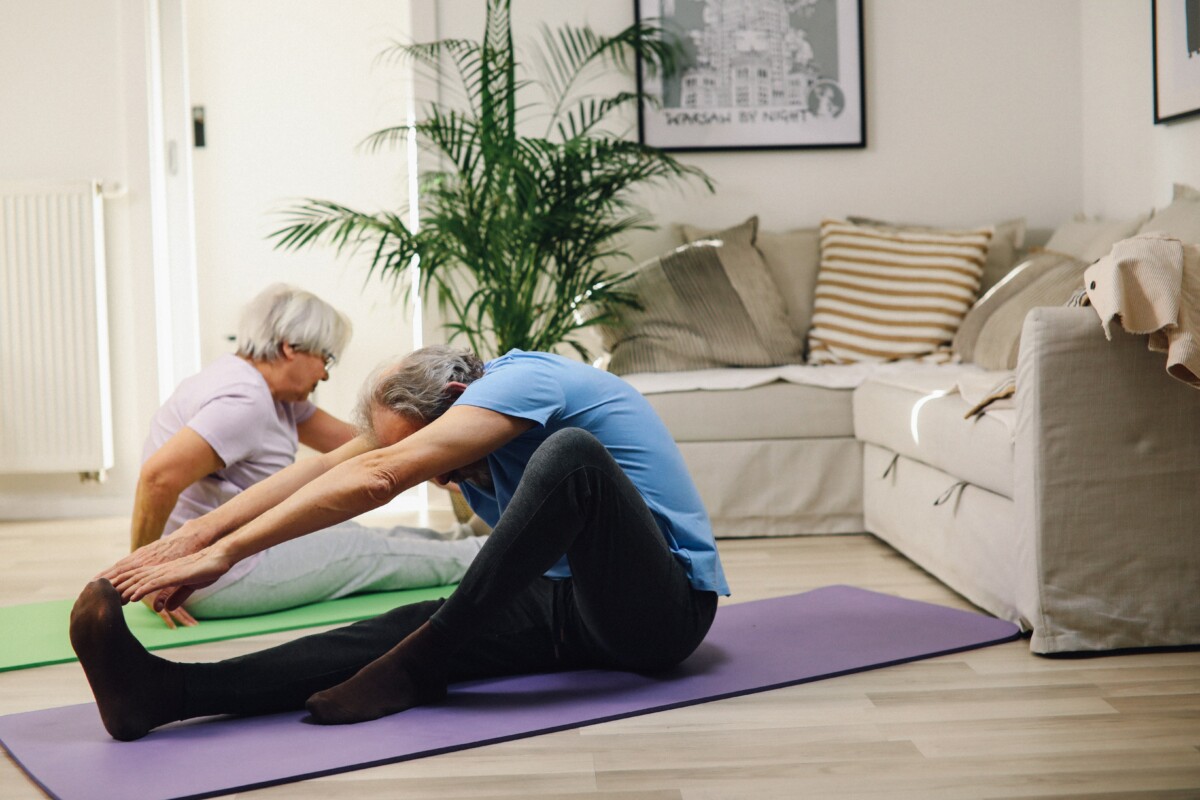Swedish research: People live longer, but in worse health
People are living longer than ever before. From 1950 to today, the average life expectancy globally has increased from 47 to 73 years. This remarkable work was achieved by reducing poverty and eradicating disease. But in countries whose citizens are now living into their later years, the complicated question arises: "Are we actually prolonging life or just postponing death?", writes "BigTink".
To prolong life or to delay death?
A team of researchers from the Karolinska Institute in Sweden asked this very question in his new study, which was recently published in the American Journal of Public Health. The demographer Marcus Ebeling and colleagues used large public databases to track the course of all deaths in people over 70 in Sweden between 2018 and 2020, focusing on the last 12 months of patients' lives. First of all, they wanted to know how most old people die.
Do they die quickly and suddenly or hard and long? Do they die at home, physically fit and mentally preserved to the end? Or are they dying in an institution, impaired and dependent on care in their final years? Tragically, they seem to fall more and more into the latter category.
"Two-thirds of all deaths were accompanied by extensive care during the last year of life, and at least half required additional medical care. "Most deaths today do not conform to what is commonly called a 'beautiful' death," the researchers said.
Ebeling and colleagues also found that prolonged end-of-life care was more common among those over 83, the life expectancy in Sweden, indicating that people who live longer – die longer, are more likely to suffer from various medical conditions and physiological loads.
Life expectancy in terms of health
This finding draws attention to the oft-discussed gap between a person's lifespan and health lifespan. Life expectancy is how long someone lives, and health expectancy is how long someone lives in good health, free of chronic disease and disability. Ideally, they should be almost equal. In fact, as human life expectancy has increased over the last fifty years or so, healthy life expectancy has not kept pace. Analyzes indicate a current gap of 10 to 15 years between the life expectancy and health expectancy of people in the United States.
Unfortunately, what end-of-life care can do is prolong life, but with little health benefit. Medicines and procedures that treat underlying medical conditions in the elderly are often hampered by the fact that health cannot be fully restored.
In the end, the best way to increase life expectancy and remain independent of assistance until the very end is to prevent ourselves from entering that state. This means a healthy lifestyle - proper and healthy diet, abstinence from smoking cigarettes, drinking alcohol in moderation, maintaining social contacts, maintaining mental fitness and, above all, physical activity. It would be ideal if these habits were maintained in the third age as well.





